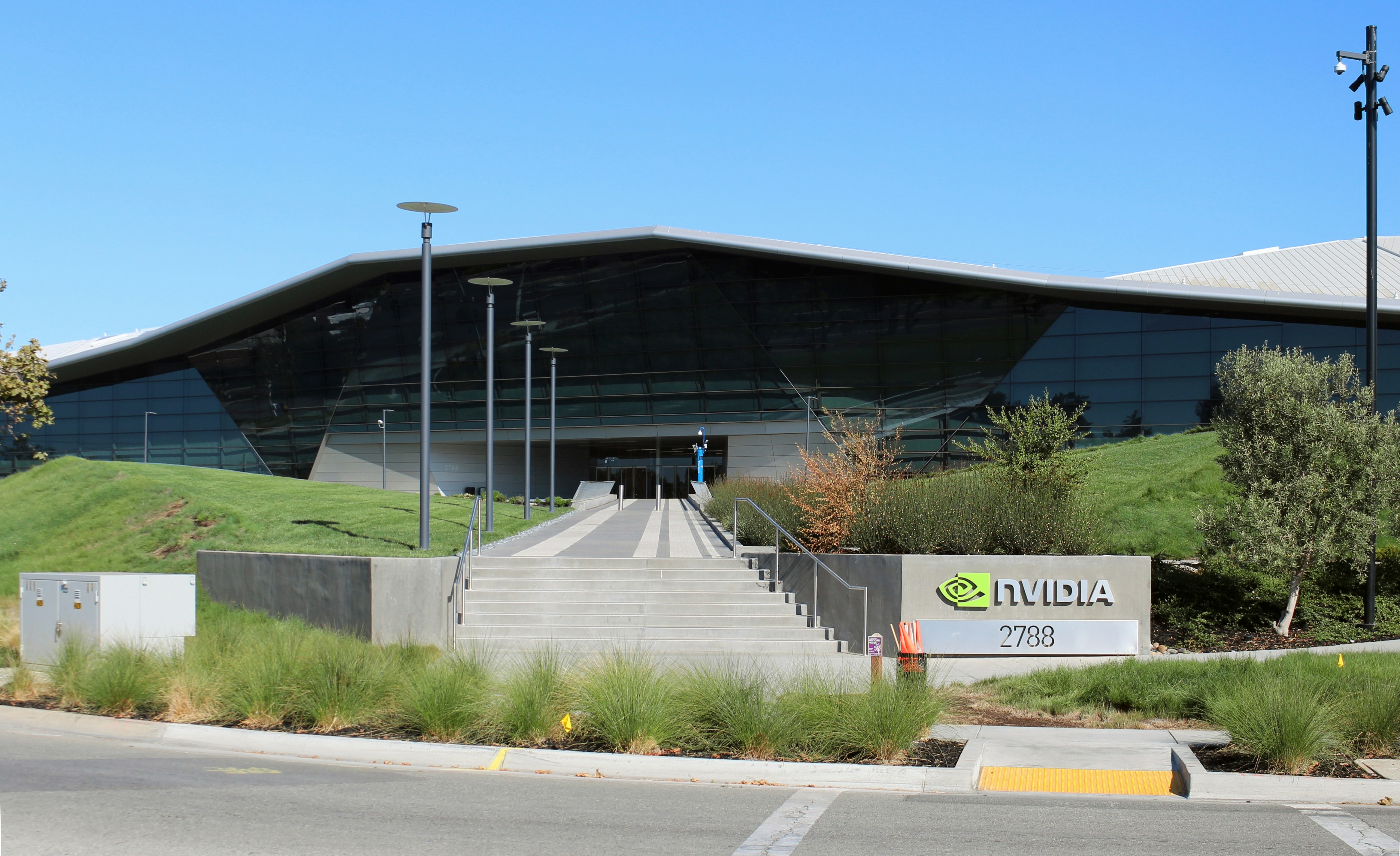Nvidia achieved revenue of $46.7 billion in the past quarter, an increase of 56 percent year-over-year. Profit even rose by 59 percent to $26.4 billion, while the gross margin slightly exceeded expectations at 72.7 percent. For the current quarter, the chip developer expects around $54 billion in revenue – however, without income from the Chinese AI business.
The omission of the H20 chips specifically developed for China from the forecast caused irritation among analysts. Many had expected additional revenues of up to $2 billion following the license agreement negotiated by the Trump administration. "The absence of the H20 chips was surprising," said Gene Munster of Deepwater Asset Management.
The China business remains a critical point. New export controls from Washington had nearly brought sales of the H20 series to a standstill. Although Nvidia has now reached an agreement whereby 15 percent of China revenues must be paid to the US government, CFO Colette Kress pointed out that the final regulation is still pending.
At the same time, Beijing is trying to limit the use of Nvidia hardware by Chinese companies. In the past quarter, sales in China fell by 50 percent from the previous quarter to $2.8 billion. However, Nvidia was able to sell $650 million worth of H20 chips to a customer outside China.
The core of growth remains the data center business, which contributed $41.1 billion, just below expectations. The gaming segment performed better, partially offsetting the decline. According to CEO Jensen Huang, the launch of the new Blackwell Ultra platform is "at full speed.
Despite short-term price losses following critical comments on the AI industry, Nvidia's stock has risen by 35 percent since the beginning of the year. With a market capitalization of 4 trillion dollars, the company is now the most valuable corporation in the world—and remains a barometer for the dynamics of the AI boom.







